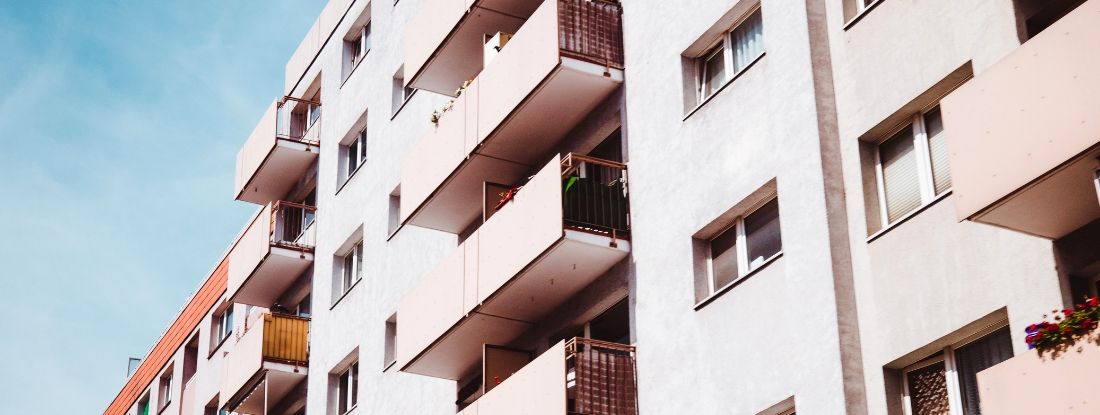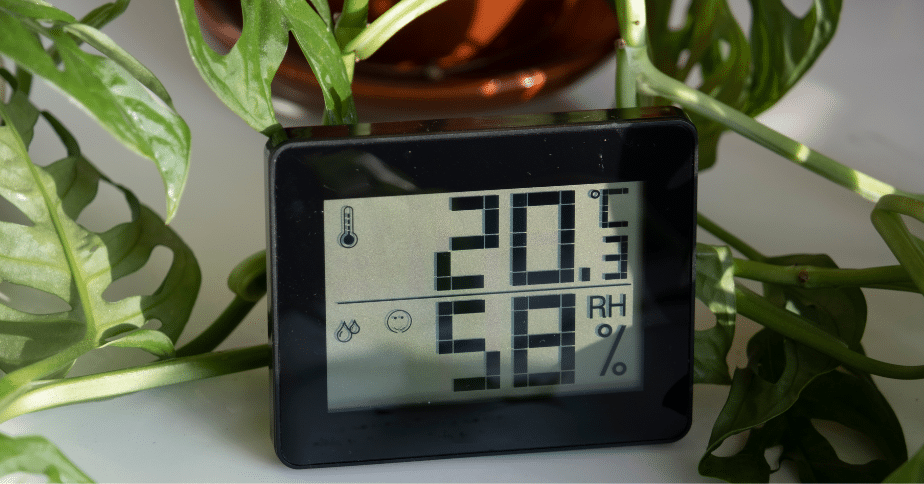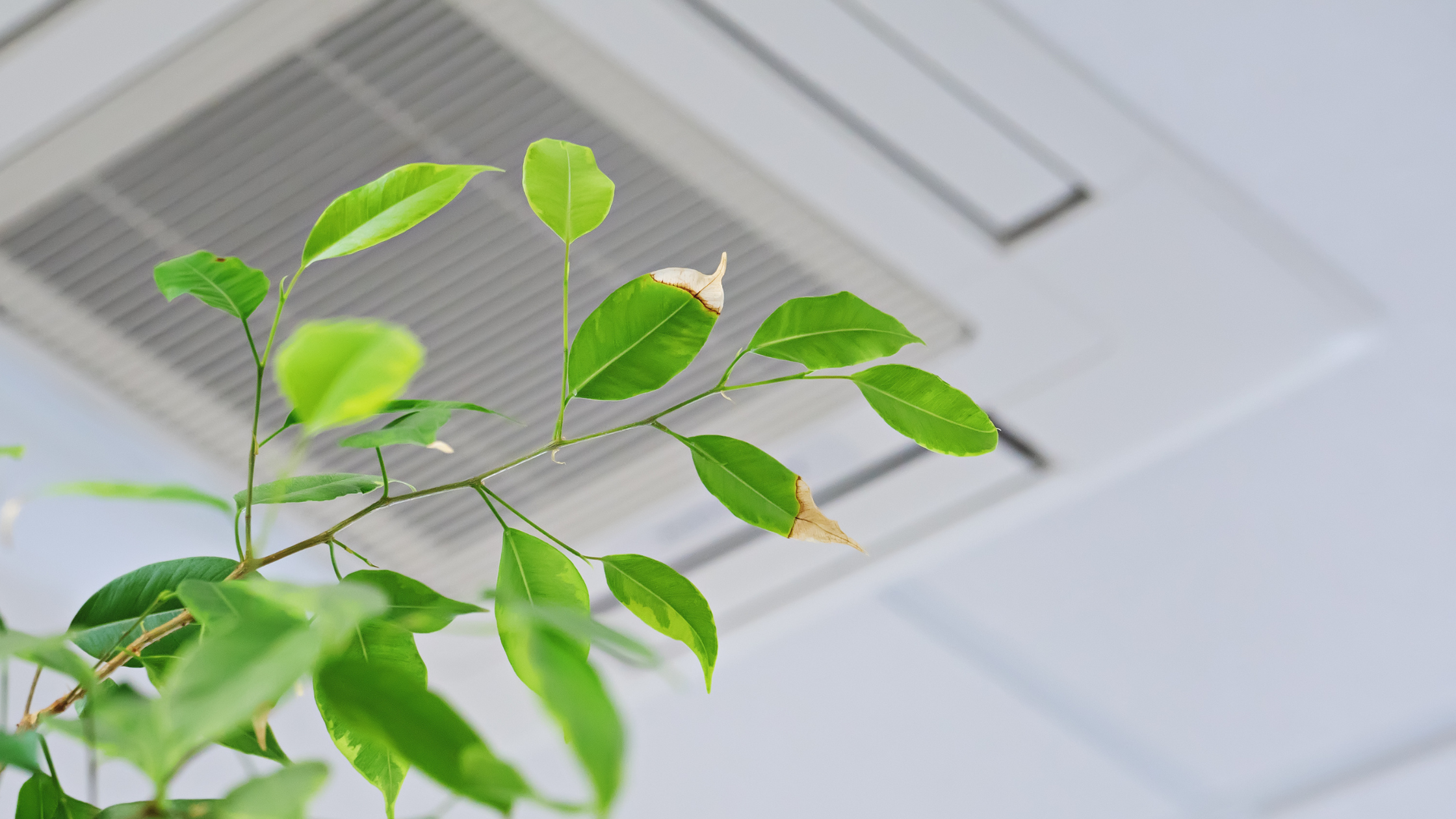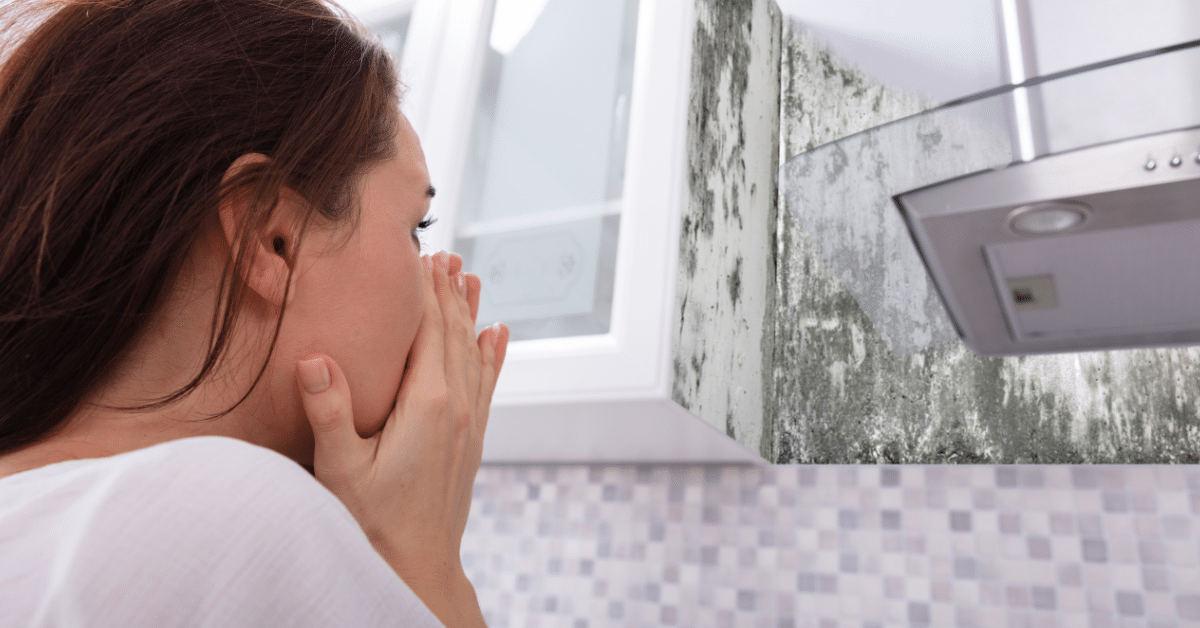Mold in Rental Properties: Suggestive Steps to Take

Living in an apartment community can prove to be a great housing decision. Landscaping, roofing issues, or maintaining your pool is never a worry. It is a relief when you can give up some responsibilities to a property management team. But what happens when there is a problem, like mold, flooding, or leaks, that is directly affecting your living space and possibly your health? Many apartment complex managers take the right actions by solving building damage issues that can affect tenants’ health immediately, but there are situations where funds are not available to solve the issue, and the tenant is left with dealing with it on their own.
mold in your apartment
A lot of times, mold that forms in apartments could be considered surface mold. It can be quite alarming, especially when tenants aren’t familiar with it. Surface mold is caused by minor issues; for example, not running the fan when showering. The relative humidity levels rise and moisture in the air is not circulated, which causes mold to form. This should not be confused with roof leaks. Roof leaks happen when there is water from the outside penetrating through roofing materials, into wall cavities, and eventually through your ceiling into your apartment. This can cause major issues if not resolved as soon as possible. When moisture comes in contact with organic materials, including wood, drywall, and other building materials, it causes mold to form and spread rapidly. Health effects from mold exposure can be severe especially when exposure is prolonged.
steps to take after finding mold
What should one do when faced with this issue? Here are our suggestions for the proper steps to take.
1. Tell the apartment office staff. Communicating your concerns to the proper management personnel should be the first step you take. It is in your best interest that you do this in a timely manner so the issue doesn’t worsen.
2. Document your building damage concerns. When you document your efforts to resolve the maintenance issues in your apartment, your management team is sure to be effective in resolving the problem.
3. Check up on the severity of the repairs. If the repairs are of a certain scale, you may need to vacate your apartment while they are being resolved. Every state has different guidelines regarding this, so ask if this is a possibility. If you have a baby, live with an elderly person, or with someone that has a weakened immune system, this should also be brought to your apartment management’s attention.
4. Keep an eye on time. Make sure there is consistent progress in repairing your building damage problem (especially leaks and mold). If you haven’t physically seen or heard from your apartment’s maintenance or management regarding a schedule, a quick phone call should suffice.
5. When there has been no progress. There are a few things you could do if you haven’t had any success with steps 1-4. Contact the higher-ups in property management. Find out who manages the property you live in and call or email them. They should take your call and get something done for you in the matter of a few days. Make sure you inform them you have possible health concerns and ask that they assist you in resolving the issue. Another step you can take is by consulting with a professional. Call your local building damage experts and have a conversation. They will be able to come out to your apartment and test your areas of concerns, prove that there is damage to be concerned about, and you can use those documents to bring the problem to the apartment staff.
Typically, properties take building damage issues seriously and do their best to resolve these issues immediately. You should never have to live in an establishment that has issues that could cause negative effects on your health. Be sure to take action immediately and follow the proper steps, and your building damage should be resolved in no time!



